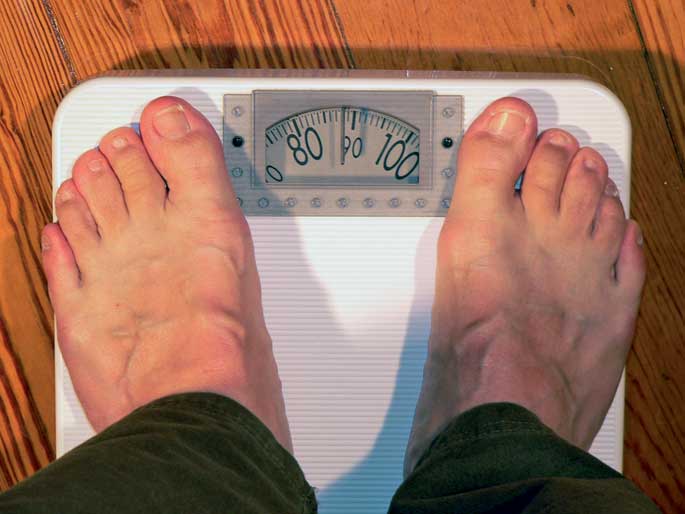Take care of cholesterol, take care of the heart

A health survey reveals that four out of five primary care patients do not control cholesterol, an increase of 4.3%. And if the results of a blood test were shown, they would only look at the total number of cholesterol, assuming that the fact that that number is low – less than 200 in the blood tests of recent years, although a few years ago figures of up to 250 milligrams were accepted – would ensure good health.
It has to be said, however, that this indifference can be detrimental to patients, as it has been shown that maintaining moderate cholesterol levels reduces the risk of a heart attack by 40%. What is behind this contradiction? The survey itself shows that only 20% of patients understand cholesterol parameters.
What are “good” and “bad” cholesterol?
Cholesterol is the fatty matter that secretes the liver and is necessary to the extent appropriate for the functioning of some cells of the body. This fat cannot circulate freely in the blood, so it binds to a protein to facilitate transport. Depending on the protein with which cholesterol is associated, it may be the sum or group (lipoproteins) of both substances:
- Low density, LDL cholesterol or “bad” cholesterol. That is, arterial obstruction and cardiovascular risk (coronary problems, heart attacks, etc.) Intensifier. In a blood test, the LDL cholesterol level should not exceed 200 milligrams, but the most appropriate level would be between 150 and 190 milligrams per decilitre of blood.
- High density, HDL cholesterol or “good” cholesterol. This type of cholesterol “drags” the bad and cleans the arteries. It is therefore appropriate to have a quantity of more than 45 milligrams per decilitre.
How to reduce bad cholesterol?
Here are a few tips to follow:
- Reduce some foods. Red meats, sausages, butter or dairy, mainly whole. It also consumes less shellfish – the pocket will thank you – and eggs in size, not more than three or four times a week.
- Limit sugar. Excess fat can cause fat buildup in the arteries.
- Take a lot of fiber. Fiber does the work of “broom”, helping to eliminate bad cholesterol.
- Control stress. If you live under tension, your body will generate more cholesterol.
And to increase good cholesterol?
The low level of good cholesterol poses a risk to the heart as high as the disease.
- Try to remove those extra pounds. When there is overweight, triglycerides multiply significantly and with them the good cholesterol is reduced.
- Take omega 3 acids and olive oil. They facilitate lipid metabolism and increase HDL levels.
-Drink some red wine. Wine polyphenol increases the amount of good cholesterol in the blood.
Bi erizainetatik batek lanean eraso sexistak jasaten dituela azalerazi du Erizainen Ordenak joan den urte bukaeran egin ikerketak. 21.000 erizainek ihardetsi dute, sektore pribatu, publiko eta liberaletik. Hauetan 2.500 gizonak dira.
These were my last words when we left, held hand in your deep breathing sleep. Your heart stayed forever without a special, simple, dignified pain. As you want and demand. How we want and respect.
Already a month before the arrival of winter, the last days of the longest night,... [+]















.jpg)
.jpg)





